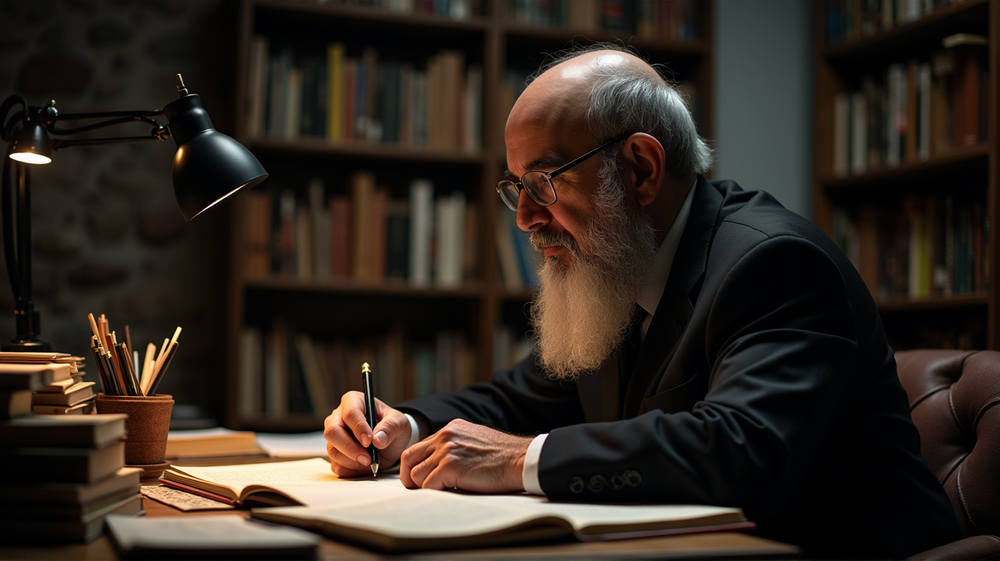Political Shadows Over Human Rights: Iranian Expert Questions UN Mandates
The Unseen Political Agendas
In an engaging conversation with the Tehran Times, Dr. Hesamuddin Boroumand, a revered human rights expert, casts a critical eye on the United Nations’ human rights activities in Iran. Dr. Boroumand claims that the mandates of the UN’s Special Rapporteur, along with the fact-finding mission in Iran, are heavily politically motivated, reflecting Western biases rather than objective analysis.
According to Dr. Boroumand, since 2011, the Special Rapporteur on human rights in Iran has pursued an agenda that seems less about stable development and more about political leverage.
A Biased Perspective on Punishment
Dr. Boroumand articulates a strong concern over Ms. Mai Sato’s approach as the current Special Rapporteur. Her focus on capital punishment, without distinguishing it from qisas (retributive justice), presents Iran as overly harsh. Dr. Boroumand argues that such representations obscure cultural and legal contexts, inaccurately interpreting Iran’s lawful endeavors against severe crimes.
The Gendered Approach
The increasing representation of women among the UN’s teams, the expert suggests, could be a strategic ploy for altering narratives. By emphasizing a women’s rights crisis in Iran, Dr. Boroumand feels larger geopolitical objectives are served under the guise of gender equality. As stated in Tehran Times, the presence of female figures feeds into a broader strategy to influence Iranian societal norms about family and tradition.
Unmasking Double Standards
Dr. Boroumand also highlights the jarring inconsistency between the outrage directed at Iran and the Western silence on Gaza’s tragedies. He insists that Western governments, while criticizing Iran, tacitly endorse severe violations elsewhere, specifically pointing to the horrors experienced in Gaza: a divide that undermines Western credibility in the realm of human rights advocacy.
Advocating for a Proactive Iran
Challenging Iran to take a stand on the global human rights stage, Dr. Boroumand calls for a comprehensive strategy involving the Ministry of Foreign Affairs and the Human Rights Headquarters. By actively engaging and leading international dialogues, Iran could shift the discourse on human rights, broadening support among nations resisting Western narratives.
With human rights in Iran under the spotlight, Dr. Boroumand’s insights offer a poignant reminder of the complex interplay between global politics and the noble pursuit of rights and dignity for all people.




